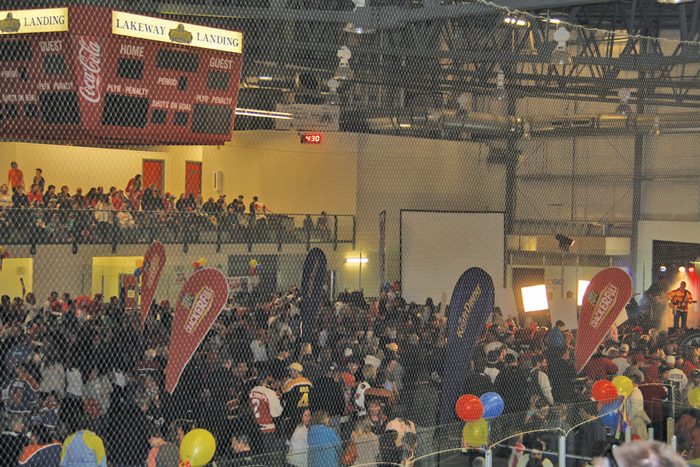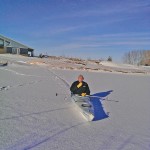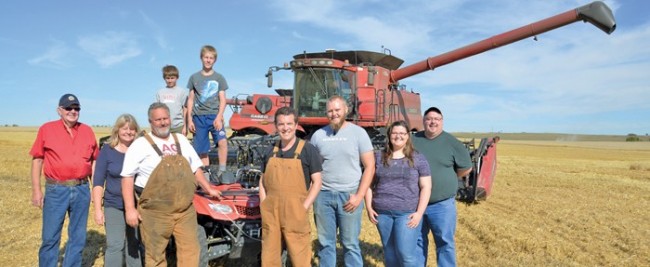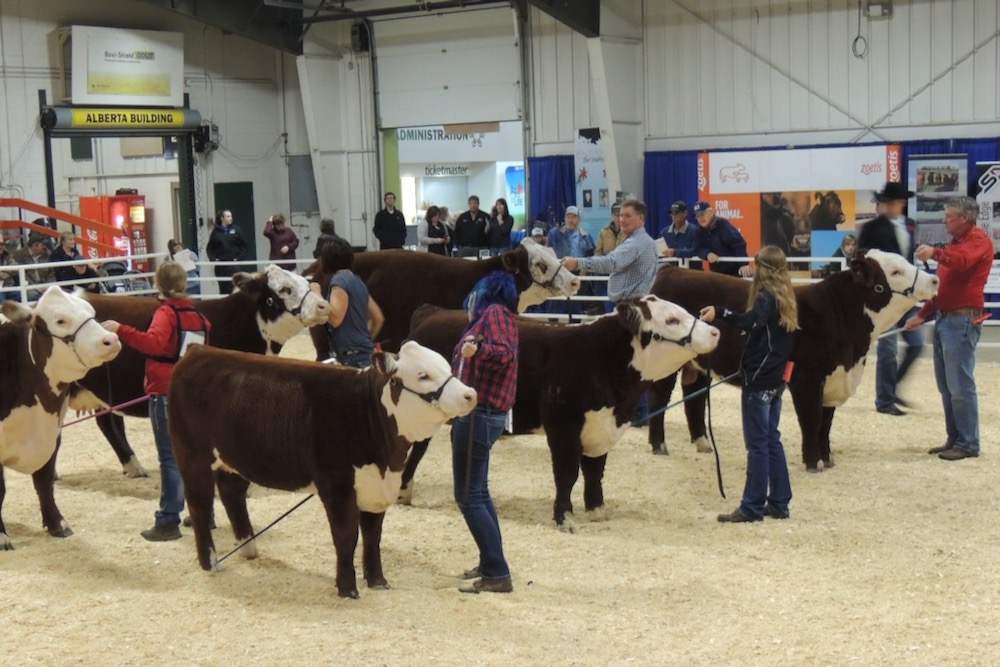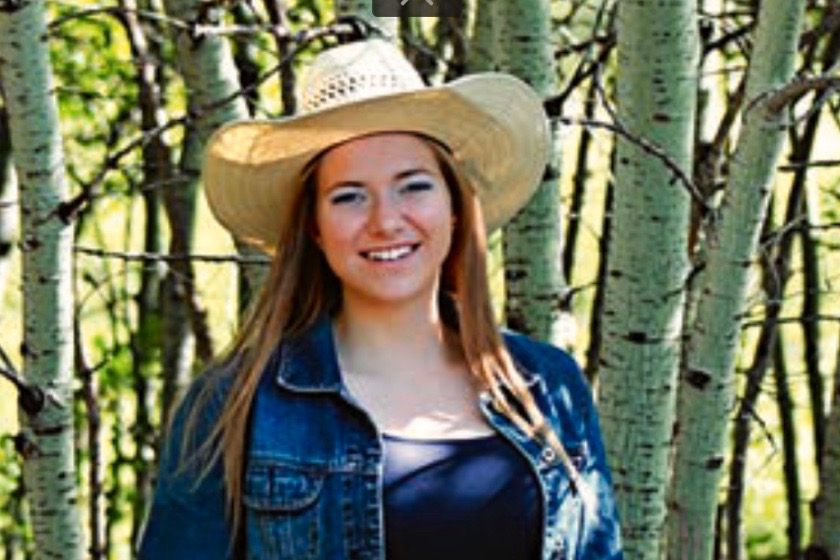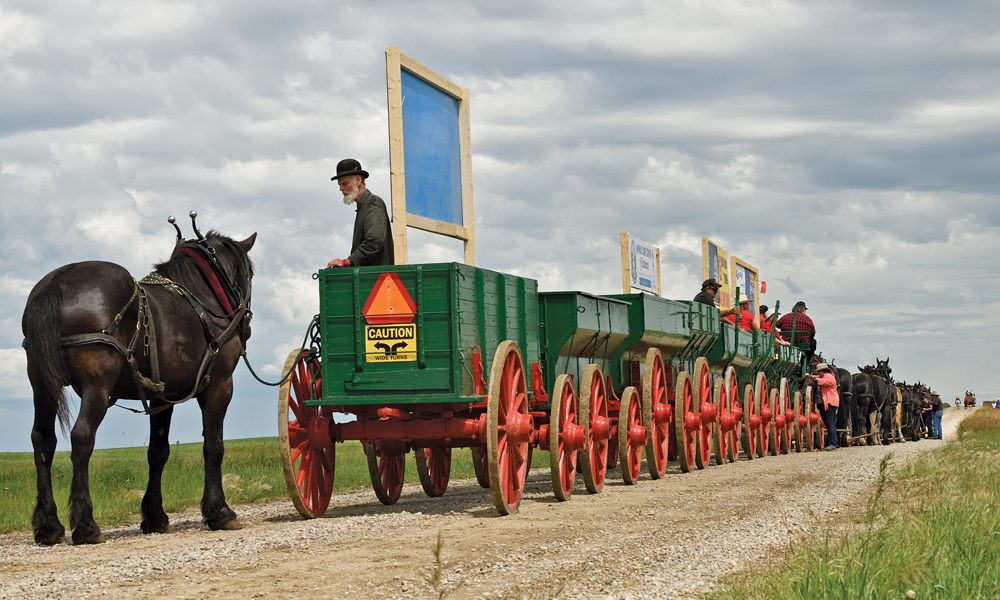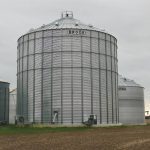A year on and, alas, ice kayaking is no closer to becoming an official Winter Olympic sport.
Picture Butte farmer John Kolk’s tongue-in-cheek claim that ice kayaking is a “traditional New Year’s Day activity in remote areas of southern Alberta,” graced the inaugural edition of Heartland.
It was one of many memorable moments captured in the section devoted to community news and happenings from across the province.
If the pitch to give “frozen water sports” their due brought a smile to your face, Anita Wipf’s labour of love may have made you a bit misty eyed.
Read Also
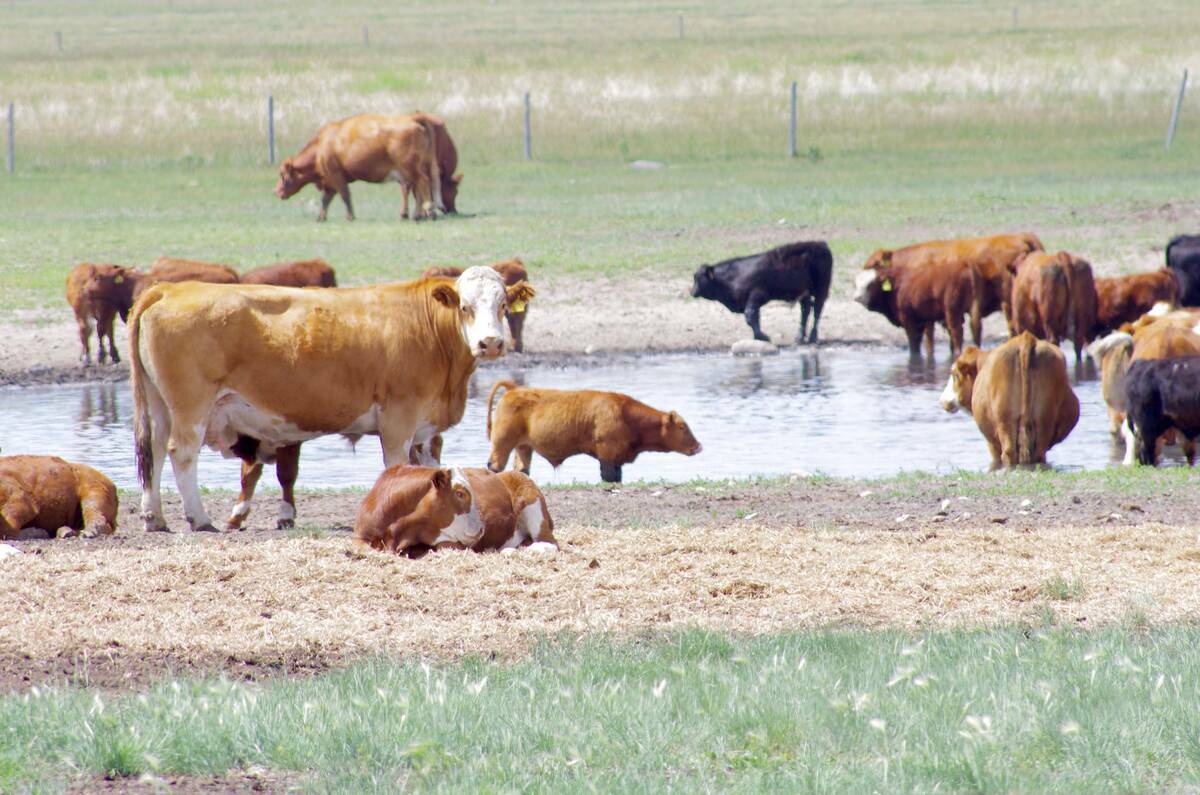
New rules to boost water storage and conservation in Alberta
Alberta has made changes to the Water Act, giving farmers more water storage capacity.
It took 12,000 cross-stitches and countless hours over nearly two years for the young woman from Viking Colony to make the precious keepsake shown below for her niece Janaya. And there was true joy in its make, said Wipf, noting the cross-stitching became a form of “meditation where I can shut out the world around me.”
- Picture Butte farmer John Kolk and his ‘ice kayak’. Photo: Laura Kolk
- Anita Wipf’s ‘labour of love.’ Photo: Anita Wipf
A reminder of how quickly young people can make their mark was highlighted in May in a story about Screamin Brothers.
The company was created five years ago by 10-year-old J.R. Wikkerink, who made a frozen dairy-free dessert on the family farm near Lethbridge and sold it to the local farmers’ market. J.R. wanted to raise money to help earthquake victims in Haiti where his already adopted baby brother Dawson was living in a tent and suffering from cholera. The dessert is now sold in 85 stores in Alberta and B.C., with five per cent of profits going to children’s charities.
Even if their quest to win 2014’s Kraft Hockeyville contest had come up short, the people of Sylvan Lake would have been winners. The townsfolk rallied after the roof of the community’s 40-year-old arena collapsed from heavy snow last winter, and their efforts paid off.
The grand prize was $100,000 for upgrades for its multiplex, their other arena, and the right to host an NHL pre-season game. But the big win was being able to showcase their community spirit, which was fuelled by “a lot of nostalgia” as current and former residents shared their memories of playing hockey in the old arena. And they got some new memories, too, when the Calgary Flames and Arizona Coyotes played a pre-season game in September.
That same month also saw a big name come to a very small Alberta community — Round Hill. That was when Rick Mercer and his CBC TV production crew showed up to make merry on the farm of Terry and Humphrey Banack. Mercer made “grain angels” with Humphrey Banack’s nephews, and zigzagged wildly through a field of wheat after turning off the auto steer on the combine.
But for Banack, vice-president of the Canadian Federation of Agriculture, the best part was offering the Newfoundlander a “learning experience” on modern farming.
Those who followed the efforts of Airdrie vet Cody Creelman to help a colleague win a portable ultrasound unit also had a few laughs — and learned a little bit about farm life in Ukraine. Creelman’s friendship with Vadim Pryadko began when he found his YouTube videos — the two vets love making videos about their work and posting them online. Pryadko is a great storyteller and, at Creelman’s urging, entered a video contest which offered the ultrasound as a prize. His slick and very funny video on having to preg check dairy cows the old-fashioned way attracted a horde of online supporters, with Alberta farmers of all stripes casting votes for his entry. Pryadko not only won the contest, but made a lot of friends in this province.
Country star Gord Bamford made us look at community rec centres with a new sense of appreciation. The country music star was just four when he and his mom moved to Lacombe, where he played “lots of sports” and benefited from having a Big Brother.
That’s why his charity supports multi-use facilities in small communities along with children’s charities. The 16-time Canadian Country Music Award-winning artist has raised nearly $2 million, including a record $503,000 at a golf tourney in Lacombe and gala in Red Deer this summer.
Fundraising works a little different in Ponoka, which holds an auction every year to raise money for the Canadian Foodgrains Bank.
Bidding and then giving the animals back for resale is a tradition at the auction. This year, a pair of llamas sold for $250, were immediately donated again, sold a second time for $200, donated again, and sold for $175 before finally finding a new home.
In all, 30 donated animals were auctioned off for $51,250. Over the past 13 years, the auction has raised more than $700,000 — with every dollar going to the Foodgrains Bank and being matched by the federal government on a four-to-one basis.


